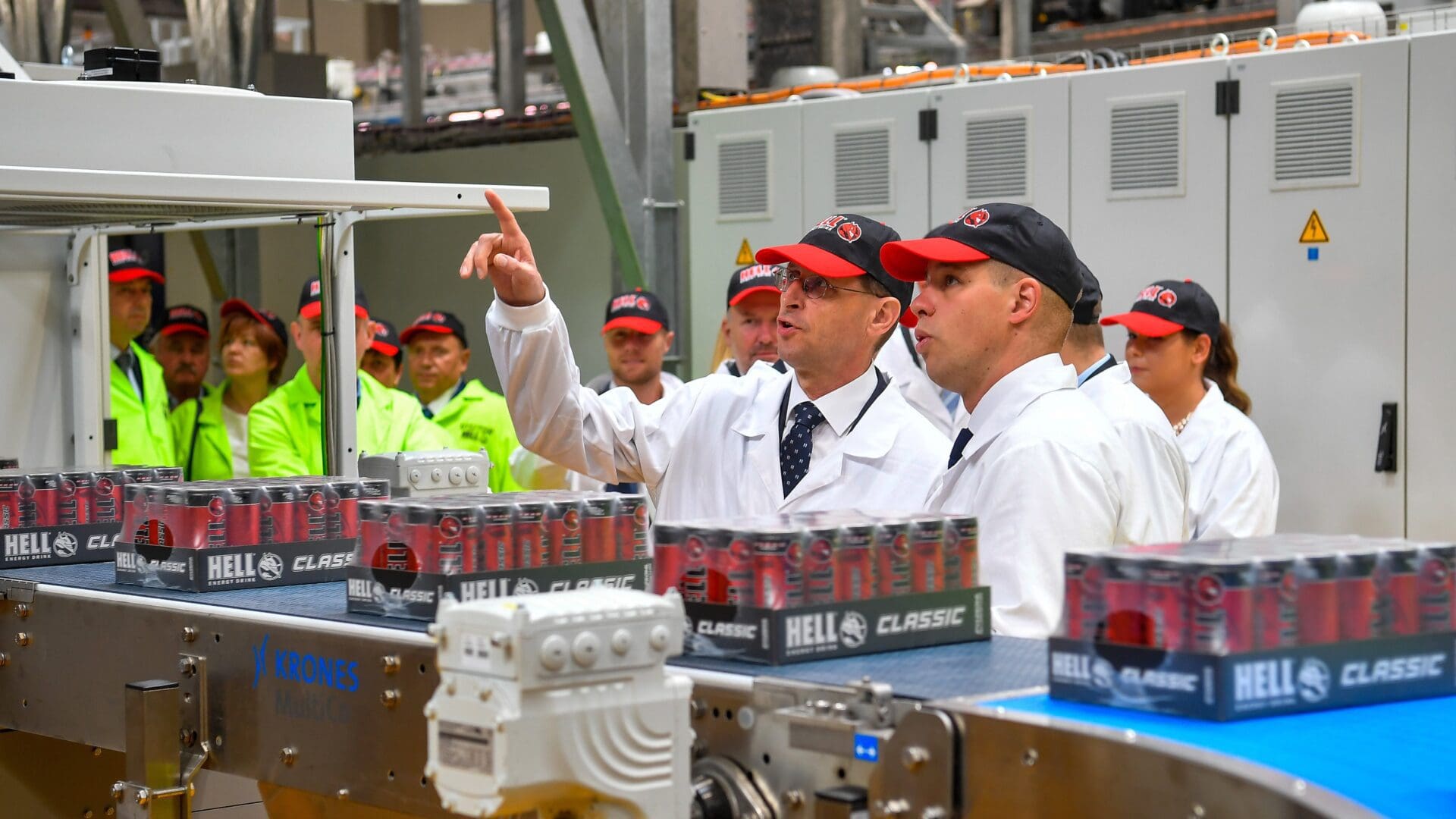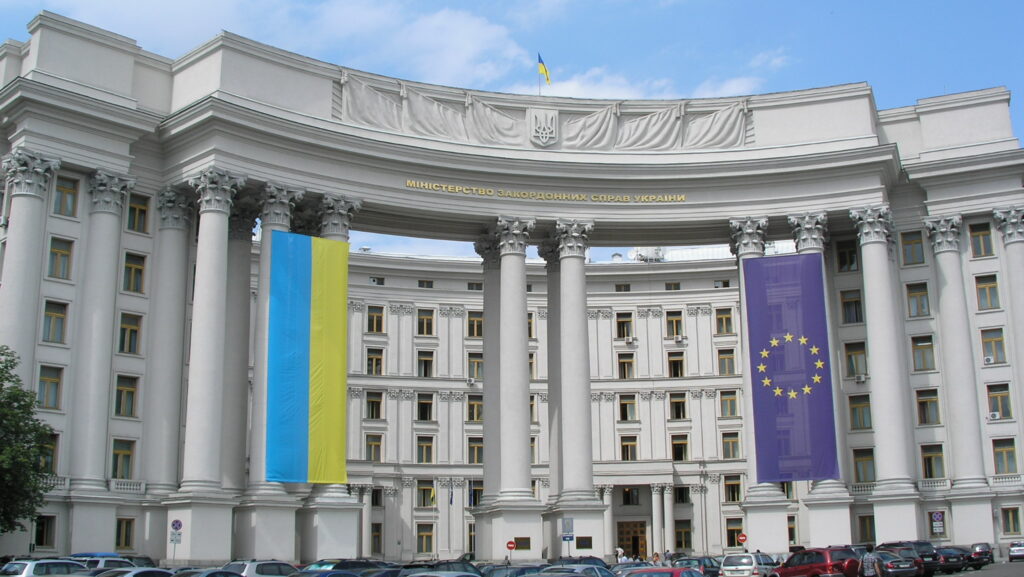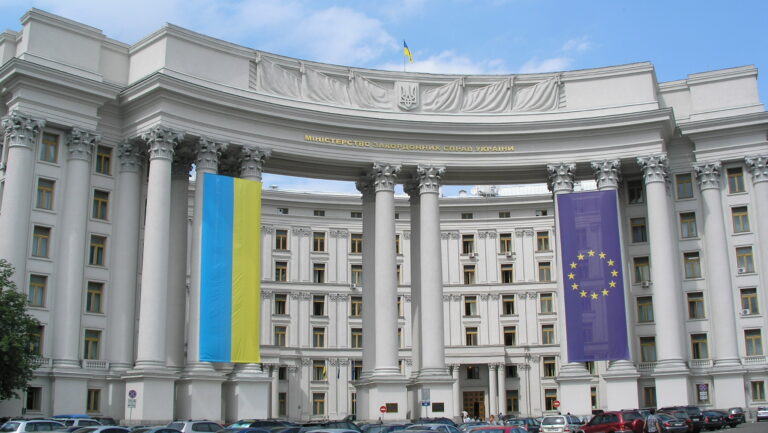Another bridge between the Eastern and Western economies is being built as the Hell Energy group, a producer of soft drinks, intends to build a manufacturing plant in Azerbaijan in collaboration with a local investment fund, Minister of Foreign Affairs and Trade Péter Szijjártó announced on Monday, 10 July in Baku, Azerbaijan.
The minister stated that the two countries are laying the foundations for ‘another joint success story’ by signing an agreement between the Hell Energy Group and the Azerbaijan Investment Company. The agreement outlines plans for a joint investment to establish a manufacturing facility worth $211 million in the Southern Caucasus country, with the plant scheduled for completion in 2025.
The facility aims to produce 700–800 million aluminium beverage cans annually, with approximately half of them filled, mainly to meet the demands of local and regional third-party brands. Additionally, the company plans to serve its own local and regional markets from this plant. The statement highlighted that the Hell Energy group is a market-leading company not only in Hungary, but also in several other countries. Szijjártó emphasised the growing demand for Hell Energy products, with the company’s revenue expanding by approximately 50 per cent last year. Two-thirds of this growth was attributed to international markets. He also underlined that
company ranks 12th in the global export ranking of soft drinks,
and that the sector’s export revenue in Hungary has increased 5.5 times over the past ten years.
Csőben egy újabb sikersztori 📣 | Csőben egy újabb sikersztori 📣 | By Szijjártó Péter | Facebook
Csőben egy újabb sikersztori 📣
In his speech, Szijjártó addressed the current severe difficulties, stating that the global economy has been turned upside down twice in the past three years, leading to a new era where all actors have had to rewrite their plans. He went on to point out that the coronavirus pandemic and the conflict in Ukraine disrupted supply chains, shattered long-standing economic collaborations, and severed ties between the East and the West. He noted that this process affects everyone, but particularly open economies like Hungary, where the ratio of exports to gross domestic product (GDP) is typically over 80 per cent.
Nevertheless,
Hungary’s economy has performed well despite the crises, with last year setting a ‘brutal’ export record of €142 billion, ranking 34th globally.
Meanwhile, the country ranks only 95th in terms of population, he emphasised. ‘Continuously increasing export performance is an absolute national economic interest, crucial for sustaining economic growth,’ he stressed. Furthermore, he highlighted that recent developments have made it clear that increasing export volume is only realistic in certain sectors if production is brought closer to target markets. The minister stated that the government supports foreign investments in competitive Hungarian companies as they contribute to the further expansion of exports and increased revenues for the companies.
‘We are particularly pleased to support these investments when they take place in countries that we consider strategic partners, with whom our cooperation is based on mutual respect, and who have always offered fair conditions to Hungarian companies. Azerbaijan is precisely such a partner,’
he declared, then stating ‘in the current circumstances, in a geopolitical state of affairs filled with exceptional challenges, investments like these carry significance beyond themselves.’ He referred to the investment as another bridge between the Eastern and Western economies, which is especially important now, when significant efforts are being made in international politics to separate the two.
Related articles:








